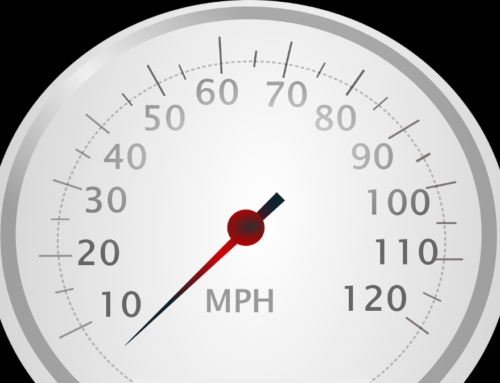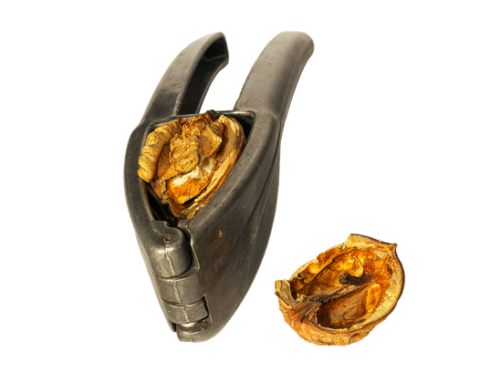You need to prepare for year-end tax planning well before year-end. Tax planning strategy done early can pay dividends. The end of the year is the time for getting your bookkeeping completed and to plan to advance your business to the next level. With some careful tax planning, you could end up pocketing some cash. You need a strategy that will benefit your company and to file your tax return on time.
Get started today with your small business tax planning! Here are some considerations as we approach year-end.
1. Do some thorough tax planning
The end of the year is a busy time for business leaders and owners. It’s easy to delay tax planning. But don’t! The earlier you start, the more prepared you will be to reduce taxes and to file on time. Mark some key dates on your calendar and stick to the deadlines. To simplify tax preparation, organize your financial records, balance your books, and take note of deductible expenses. The end of the year is a good time to review your bookkeeping process. Like many small businesses, you may benefit from external help by an outsourced bookkeeping firm. They can help you accelerate the process so you can focus on the direction of your business.
To simplify tax preparation, organize your financial records, balance your books, and take note of deductible expenses. The end of the year is a good time to review your bookkeeping process. Like many small businesses, you may benefit from external help by an outsourced bookkeeping firm. They can help you accelerate the process so you can focus on the direction of your business.
2. Review financial reports
The end of the year is a perfect time to assess your business’s financial health. You can see how well your business is doing by looking at financial statements. Financial statements include income, cash flow, and profit and loss statements.
Use statements to see if your business experienced gains or losses throughout the year. Dig into the causes behind each gain and loss to plan for next year. For example, if you held a successful or unsuccessful marketing campaign, improve your strategy for next year.
Also, compare this year’s statements to financial statements created during previous years. Long-term financial data about your company will show you how far you are progressing from year to year.
3. Defer income
You can lessen your tax liability by postponing income. Pushing payment due dates after January 1 gives you more time to pay taxes on business income earned. Depending on your accounting method, there are different ways to defer income.
If you use cash-basis accounting, you can delay income by sending your invoices later than usual. You can also make the due dates in your invoices for the next year. With cash-basis accounting, you record income when you receive it. Income will not show up on the current year’s tax return if you receive it the following year.
For accrual accounting, defer income by delivering products or providing services the next year. You record income as you fulfill your delivery of products and services and when you send an invoice for the balance of the accrued value. If you accrue the value and invoice a customer after January 1, that income occurs in the year it was accrued.
For example, you operate a business that provides machine parts to local manufacturers. If you wait to deliver your products after January 1, the income will accrue in the following year’s tax return.
You may have an immediate need for the cash. Late payment penalties are not usually worth the tax benefits of deferring income. Before postponing income, take care of your expenses due.
4. Spend money
Are you planning to buy any tax-deductible items soon? If you have the funds available, you might want to consider purchasing those items before the end of the year to reduce taxable earnings in the current year, especially if it’s been a more profitable year or you forecast less profit next year.
Pay outstanding bills and order necessary supplies to help reduce your tax liability. Keep accurate accounting records to back up your business expenses.
5. Evaluate your bookkeeping and accounting process
Your process for record-keeping plays a big role in how efficiently you file taxes and your effectiveness in backing up expenses and deduction. The more organized your bookkeeping, the easier it is for you or your tax professional to fill out your business tax return. You also have better chances of avoiding mistakes.
 At time of the year, you may want to decide to bring on an outsourced bookkeeper if the work is distracting you or your team from more strategic issues or opportunities. If the time is right, get an experience bookkeeper in your area involved as soon possible. You’ll be happy you did.
At time of the year, you may want to decide to bring on an outsourced bookkeeper if the work is distracting you or your team from more strategic issues or opportunities. If the time is right, get an experience bookkeeper in your area involved as soon possible. You’ll be happy you did.
An experienced bookkeeper that is efficient using bookkeeping software can complete bookkeeping tasks quickly, organize transactions, balance the books and create reports. With an automated system and an experience bookkeeper, you can run your business more efficiently. The end of the year is a good time to change your bookkeeping process. If you’re going it alone again this year, you’ll need to start wrapping up the books soon.
6. Review your tax situation with a professional Tax Specialist
Set up a meeting with your Tax Specialist well before the year ends. Discuss your tax planning strategies, find out which records you need and get an estimate of your tax liability. Tax Specialist are great at year-end tax planning. They can give advice to help you get a higher refund and to lower your tax liabilities.
Focus on what you do best.
Your Biz Manager (www.YourBizManager.com) can help. You can start the process by sending us an e-mail (info@YourBizManager.com) with your contact information, a list of your bookkeeping or business support needs or by texting or calling 424-246-6006.
Receive a FREE consultation and 50% off.
Click here or contact us to receive your free consultation and 50% off your first four (4) hours of service. Just mention this post.
 About Doris Cristiano & YourBizManager.
About Doris Cristiano & YourBizManager.
As an independent bookkeeper, Doris has been providing flexible business services in Santa Monica and West Los Angeles since 1997. To support Clients’ needs and growth, YourBizManager tailors its services to each unique business situation and works closely with its clients at their business or home office. More About Us







